How we helped
Trinity was commissioned by Brisbane City Council to evaluate the performance of low-cost particulate sensors deployed across Brisbane on Smart Poles, which are used to collect air quality data to assess the exposure of residents to particle pollution. To manage and analyse the large dataset effectively, Trinity used Python programming language and the R statistics package.
We performed a detailed comparative analysis to assess the equivalence of the low-cost sensors to reference monitors, following standardised procedures. We used data correction methods to improve the accuracy of the sensor readings, aligning them more closely with those of the reference monitors. Acknowledging the effects of environmental factors, we studied how humidity affected sensor performance. We also evaluated the sensors’ effectiveness in detecting high levels of dust or smoke events.
With extensive experience in analysing air quality data, Trinity supports both environmental agencies and the private sector in understanding trends in air pollution levels, and their impacts on health and the environment. Our data analytics services enable our clients to formulate effective air quality management strategies.
About the project
Brisbane City Council bases air quality management policy and strategies largely on monitoring data available from the Department of Environment, Tourism, Science and Innovation. The small number of locations poses limitations on the assessment of air pollutants and the associated public health impacts.
To obtain a more comprehensive picture of air quality across a wider range of locations, Council installed low-cost air quality sensors on multiple Smart Poles around Brisbane on a trial basis. Environmental data such as wind speed, wind direction, temperature and relative humidity are also available from the sensors.
These sensors have reasonable accuracy that is sufficiently indicative of local air quality and may prove useful for Council’s air quality management decision-making.



